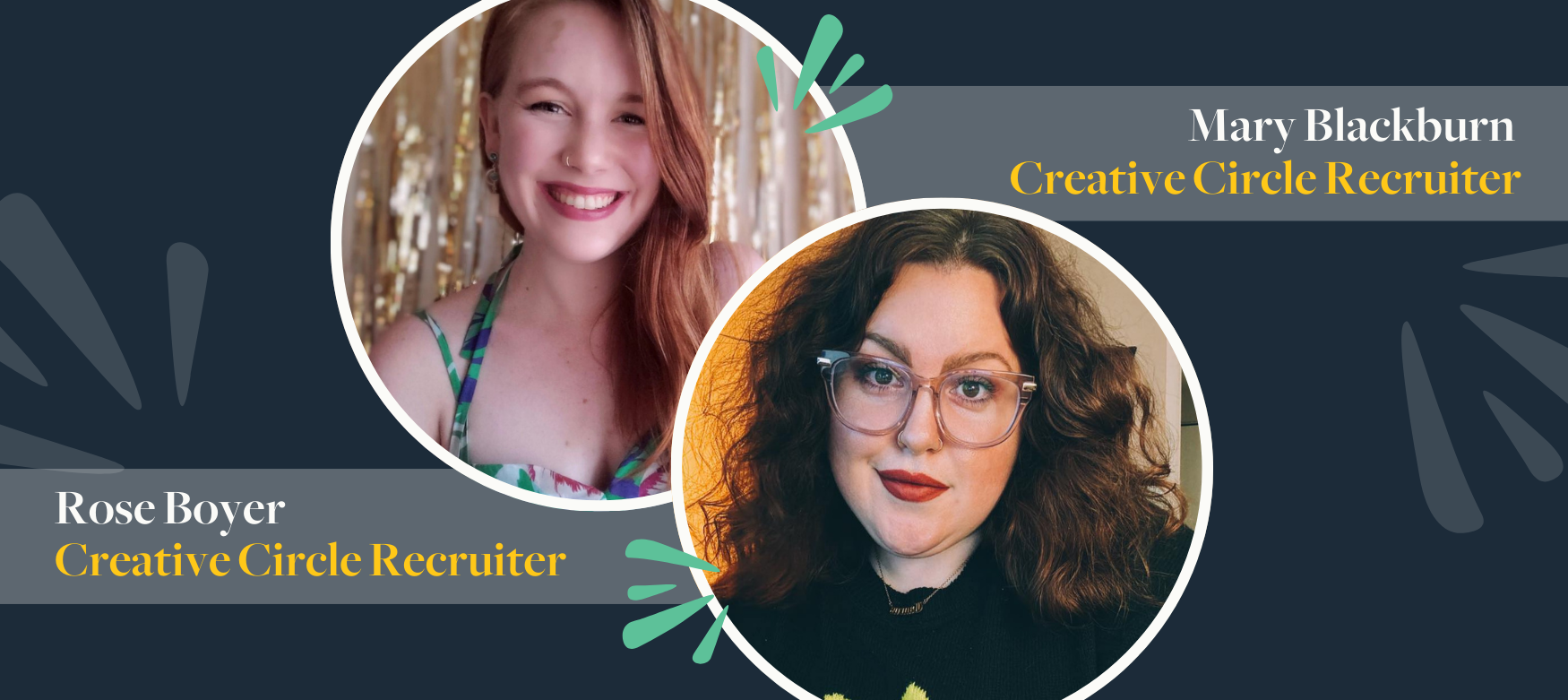It comes up a lot in conversation. When I say I’m a freelance writer, the next thing I hear is: “What’s it like?” Most of the time the question is from a person with an interest in writing, someone who writes a lot and has some talent. Okay, that’s one thing. But writing on demand for a living is another. It’s a profession and doing that on a freelance basis is a business and often a tough one.
So here’s my story. It addresses the major issues, considerations and lines of inquiry entailed in this career path.
Why did you decide to be a freelancer vs. take a full-time job?
Some people are born to be freelance writers. That’s what they want to do and they’re off and writing. I’m not one of them.
I aspired to be a full-time corporate writer and set out on that path with jobs that I (mostly) loved. I did, however, augment that work with occasional side jobs as a freelance writer, which proved to my advantage. That’s because, as life would have it, through various crises, such as downsizings, mergers and acquisitions, reorgs, economic downturns and performance, some of those around me would be out not on their own accord. For a long run, I held on and kept producing. That is, until I didn’t. I exited the sanctified office front doors with boxes filled but then unpacked them somewhere else and started all over again.
However, at some point, I didn’t seek to bounce back that way. Enough! I needed and wanted to do this role on my own. So after many years of solid experience, a huge mortgage and then teenage son to support, I entered the land of freelance writing.
What are the hardest parts of being a freelancer?
The big three are: finding suitable work, managing your time, and getting paid.
By far the most challenging upfront issue is securing assignments. And if you’re intent on making it as a freelancer, that’s more than getting one-offs. It’s building a pipeline of projects, ideally repetitive ones, to develop a freelance practice.
That immediately leads to another potential difficulty, which is: how do you do it all masterfully? This is a be-careful-what-you-ask-for situation playing out in real time and real stress with ideally some proper rest incorporated in your schedule. Often clients’ timelines collide — they want deliverables on the same date or close. You need to juggle responsibilities, set expectations, learn to stop and start and be flexible. Sometimes — and I still shudder at this thought— you need to say “no.” That means establishing your own terms or turning down work.
Speaking of work, a mega issue for freelancers is receiving remuneration, especially when it’s due. People have written volumes about this for all facets of freelancing, not limited to writing, including me. For details, see my “Show Me the Money! The Problem of Nonpayment for Freelancers.”
What are the best parts of being a freelancer?
The top items on my short list are: ownership, mobility and variety.
As a freelancer, YOU are in charge. You’re the boss. Of course, you work for your clients and succeed by meeting or, better yet, exceeding their expectations. So, it’s not as if you operate without guardrails. You must please those who fuel your fire in a multiplicity of ways. Laissez faire this is not, but it’s your operation to mold according to your vision.
And that vision may take you to outposts beyond your usual setting. With the proper protocols, you can work most anywhere, most any time as long as you offer access and produce the promised goods. For instance, one freelance designer with a case of wanderlust set up shop in city after city in Europe and then in Iceland. It worked! I haven’t gone as far afield, but handled assignments outside my office environs. It’s a liberating experience.
So is the opportunity to explore vistas, subject areas, and clients through your own practice. It’s always something new or, if you prefer, not so. It’s your choice and that’s a good feeling. Other freelance writers agree. See “5 Amazing Reasons to Start Freelance Writing in 2021” and “9 Benefits of Freelance Writers as Told by Top Content Writers.”
Does freelancing allow you to pursue projects that you care about more?
In principle, the answer is yes. Because you’re in charge of your freelance fate, you can vie for work that is meaningful to you. That, in turn, may position you as a subject matter expert in an issue or format in which you have special interest.
When I started, I felt it was advantageous to take in a broad base of industries, focus areas and writing styles; that established me as a generalist. My thinking: that would equip me to pursue many opportunities; it also enhanced my capacity to provide tangible samples to strengthen the chances of landing projects. In taking this wide path, I built a diverse portfolio. I then found myself going from generalist to specialist in several areas, which I could pursue skillfully with different clients.
Do you ever miss the security and predictability that comes with a full-time job?
Yes, I have at times. A full-time job is more than a paycheck, which is itself a mega factor. Right up there also are employee benefits, namely group health insurance. However, that’s become easier with options from Freelancers Union as well as with the Affordable Care Act.
In addition to the financial aspects of freelancing, emotional ones come into play. I enjoyed being part of organizations, working alongside colleagues and participating in the corporate culture. Yet, with that come countless political, interpersonal, and business issues over which you have no control. But here’s the flip side. As a freelancer, you can develop camaraderie with clients and function as an extension of their team. That’s something to cherish; even though you’re not a member of the official inner core of a company, you serve as a valued resource and can forge rewarding relationships. And you do so without messy and ongoing uncomfortable and sometimes impossible situations.
What types of assignments do you seek? Why?
It is clear that my roots are in the full-time corporate sphere. For that reason, I tend to gravitate to looking for repetitive assignments and arrangements. I like being the go-to person for a client, learning the business, and then building on that knowledge to provide value-added contributions and content. Over the years, I’ve developed such contacts, complete with signed contracts for set time periods and renewals. Often, that opens the door to getting deeper into the organization to serve several departments, functions, or publications.
Note that I initially wrote “I tend to gravitate.” There are exceptions. One-off projects are appealing as well, especially if they are in a hot button area or something new and fascinating. At this point, with all of my experience, I can make a case for tackling such assignments. Getting an offer, completing it, and then moving onto something else is a feeling of accomplishment and freedom.
What common qualities do you find in the best assignments? What are those in the worst?
I’ve quoted this song title frequently: “You Can’t Get What You Want (Till You Know What You Want).” Joe Jackson may be singing about love, but I apply this concept to many aspects of life, including freelance assignments.
The best projects present a clear upfront understanding of the landscape, to do’s, and objectives. What’s the purpose? What do they want to achieve? The answers are forthcoming and to the point. The persons issuing the assignment thought it out carefully and describe it as such. They may even anticipate issues and offer examples and resources to explain what they seek in a deliverable(s) and when. That’s the basic recipe for a dream assignment.
Pull the tablecloth out from underneath this beautiful place setting and you have the assignment from hell. These nightmares have open areas and issues, no plan or vision. Those doling it out don’t have a cohesive sense of the desired end product. They may think giving a freelancer complete free reign is a good thing — they’ll know if it’s right on when they receive the goods. But it’s hard for the freelancer to navigate the path forward through the fog. Expect revisits and rewrites. Pass on it.
How do you find assignments, and what search tips can you give other freelancers?
Here’s another song, one that fits this theme: “Here, There and Everywhere” by the Beatles. That’s my motto. I’ve looked for work in all the right places and wrong ones too (well, not exactly). The point is that, when starting out and during dry spells, I have barely left a stone unturned. I talked my skills up in just about every situation: at the gym, with neighbors, family, friends, acquaintances, social gatherings, athletic activities, dates, and even with clients for the purpose of getting other clients. Then there’s also formal networking. I looked for and joined industry and special interest groups, including those for business and general writers, public relations. I attended meetings galore. As an active member of International Association of Business Communicators (IABC) Westfair Chapter, I wrote a monthly jobs newsletter for members on a volunteer basis for seven years. I also set up job alerts through online job boards, LinkedIn and organizations, which come to my email inbox. Here again, I wrote on this topic for Creative Circle in a post entitled: “Virtual Networking: For Before, During, and After COVID.” It contains a lot of handy tips.
Does being a freelancer make it harder to plan and handle finances?
In general, yes. It takes some getting used to, but there are ways to strengthen your cycle of payments. Imperative: calculate your monthly fixed costs. I knew my set recurring expenses and estimates of others. Yes, emergencies arise, but so do extra freelance projects. It’s a balancing act. Go ahead and establish a budget. Then start a slush fund. Put money left over at the end of a period to the best possible use — save it. Get an income tax refund? Resist temptation to spend and instead sock at least some of it away. It’s a cushion to help you get through difficult times.
I find getting freelance gigs through Creative Circle an avenue to plan and handle finances. You fill out a timecard for project(s) you’re on and the firm pays you on a weekly basis and takes out taxes. So you’re receiving remuneration as you work, which is similar to having a full-time job. If you’re actively engaged with Creative Circle, you also have the opportunity to apply for a range of benefits, including a 401(k) with company match. For more, see “How to Manage Your Money as a Freelancer” and “How These Two Freelancers Built Financial Security and Started Saving for Retirement.”
Would you ever give up being a freelancer writer to take a full-time job?
Some years ago, I became friendly with a colleague at the firm we were at, who left to form her own specialty consulting practice. She had a successful go at working on her own but then took an offer to return to the full-time job world. But she learned she was a go-it-on-her-own person and ended up leaving that position to build back her own thing. She was outstanding in her field, highly regarded globally, and an astute business person. How smart was she? She engaged me as a freelancer to provide her content marketing needs. Then there was an uncomfortable silent spell. When she emerged, she told me she had accepted an offer to merge her practice into a large organization. She was going back into the full-time corporate world. Surprise!
I haven’t taken that zigzag path but, in my 12+ years of being at the helm of Write Results LLC, NY, I would have signed on as employee with a large organization where I served as a freelance writing contractor. Interestingly, many of those I worked with there are elsewhere now for reasons not of their own. Some landed corporate jobs and others are freelancing. As for me, I’m holding steady and delighted to address this issue and many others as a freelance writer.
About the author.
You name it, she covers it. That’s the can-do attitude Sherry M. Adler brings to the craft of writing. A polished marketing and communications professional, she has a passion for learning and the world at large. She uses it plus the power of words to inform and energize stakeholders of all kinds. And to show how all of this can make a difference, she calls her business WriteResults NY, LLC.



